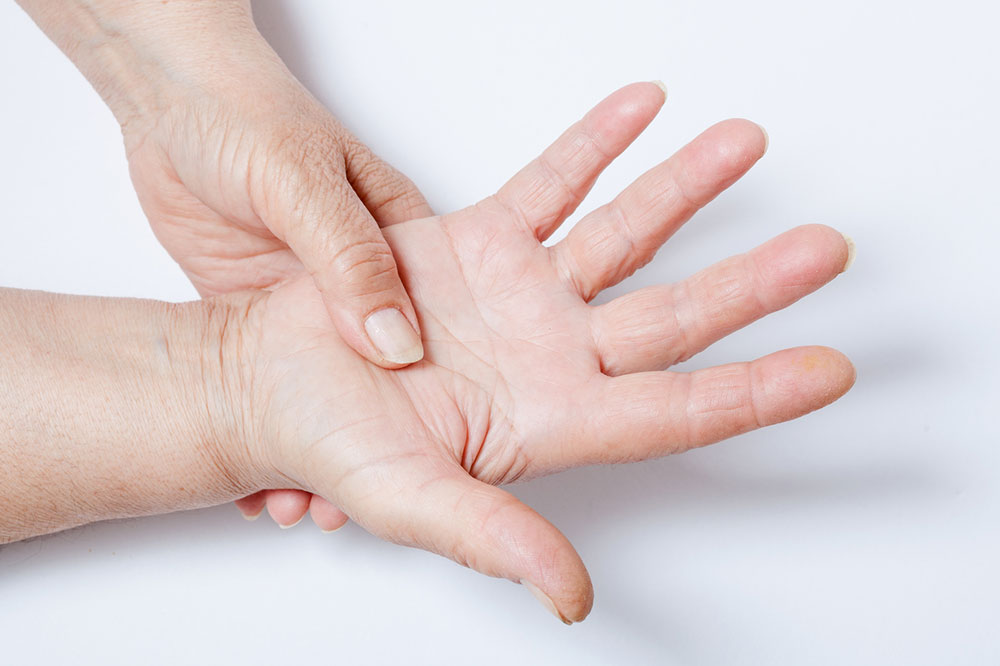
10 symptoms that indicate pregnancy
For women trying to conceive or wondering if they may be pregnant, one of the first signs to watch out for is a missed menstrual cycle. Although several other symptoms can point to the possibility of a pregnancy, it’s always best to visit a doctor for confirmation. Read on to know the common symptoms of pregnancy: Missed period If a woman in childbearing years experiences a delay of over a week in her menstrual cycles, it may indicate pregnancy. That being said, missed or irregular cycles could also be a result of health issues like thyroid problems. So, women should also keep an eye out for the other symptoms mentioned here. Fatigue Being more tired than usual could be an early symptom of pregnancy. When a woman is pregnant, the progesterone levels in her body rise, which causes her to feel sleepy and tired. Frequent urination During pregnancy, the quantity of blood flowing in a woman’s body increases, causing the kidney to work overtime. This places extra pressure on the bladder and leads to more frequent urges to urinate. Nausea or morning sickness This may be accompanied with or without vomiting, and this pregnancy symptom is also known as morning sickness.
Read More 










